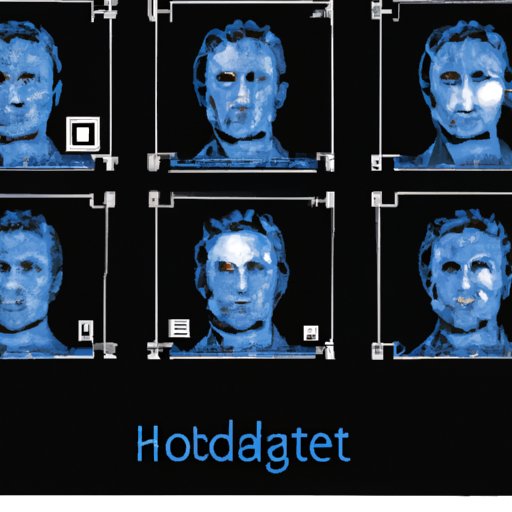Introduction
Have you ever wondered if casinos use facial recognition technology? The use of facial recognition technology has become increasingly widespread in the gaming industry, and for a good reason. This technology allows casinos to identify individuals who may pose a threat to their establishment and to improve overall security. However, it also raises questions about privacy and potential misuse. In this article, we will explore the use of facial recognition technology in casinos, its effectiveness, and the pros and cons of using it.

How Casinos Use Facial Recognition Technology
Facial recognition technology has been used in casinos for years. It is used to identify known criminals, cheats, and problem gamblers who may be banned from the establishment. Casinos typically use cameras placed throughout the facility to capture images of individuals as they enter. These images are then stored in a database with other information about the individual, such as their name, address, and other identifying information.
When an individual enters the casino, the facial recognition software scans their face and compares it to the images in the database. If a match is found, the casino can take appropriate action, such as banning the individual from the premises or notifying security to keep a closer eye on them.
Investigative Report: The Effectiveness of Facial Recognition Technology in Casinos
While the use of facial recognition technology in casinos may seem like a logical and efficient means of identifying known criminals and cheats, the effectiveness of this technology is not always clear.
Over the years, casinos have invested heavily in facial recognition technology, but its effectiveness is unclear. It is difficult to determine how many instances of fraud or criminal activity have been prevented or identified due to the software.
However, some experts argue that facial recognition technology has already proven effective in preventing criminal activity in casinos and has led to the identification and banning of numerous problem gamblers who would otherwise have continued to steal from casinos or find ways to cheat.

The Pros and Cons of Using Facial Recognition Technology in Casinos
The use of facial recognition technology in casinos has both its advantages and disadvantages.
Pros:
- Increased security: Facial recognition technology allows casinos to increase security and protect their establishment from fraudulent activities or other types of criminal activity.
- Efficient: Facial recognition technology allows for the efficient identification of individuals who may pose a threat to the casino, which can save time and resources.
- Prevention: The technology has proved effective in preventing crime and identifying known cheaters and problem gamblers.
Cons:
- Invasion of privacy: The use of facial recognition technology raises questions about privacy concerns and the potential misuse of the technology.
- Accuracy: There is always a risk of misidentification, which could result in innocent individuals being wrongly identified as criminals.
- False Sense of Security: Casinos may become too reliant on facial recognition technology, leading to a false sense of security and neglecting other important security measures.
An Opinion Piece About the Use of Facial Recognition Technology in Casinos
Facial recognition technology in casinos is a matter of ethical considerations and personal freedoms. While the use of this technology is understandable regarding increased security, it can quickly become invasive. Personal information such as a customer’s photo and face recognition should be collected with consent. Ultimately, for customer safety, proper guidelines, and policies must be established in the use of these technologies.

Feature Style Article About the Experiences of People Who Have Been Banned from Casinos Due to Facial Recognition Technology
Being identified and banned from a casino can have significant consequences for the individual’s life. The use of facial recognition technology in casinos has led to numerous stories of individuals who have been banned. Some have been banned for legitimate reasons, such as cheating or stealing, while others have been banned wrongly due to misidentification; this is a significant concern. In all cases, the consequences of being banned can leave a permanent mark on an individual’s reputation.
Conclusion
The use of facial recognition technology in casinos has both its advantages and disadvantages. While it can increase security and prevent criminal activities, the potential risks of invading privacy and wrongly identifying individuals as criminals should be taken into consideration. Casinos must find a balance between security and respecting individual privacy. The use of proper guidelines and policies is necessary, and customers must be well aware of the usage of facial recognition technology, why it is done, how their data is protected, and their rights.
